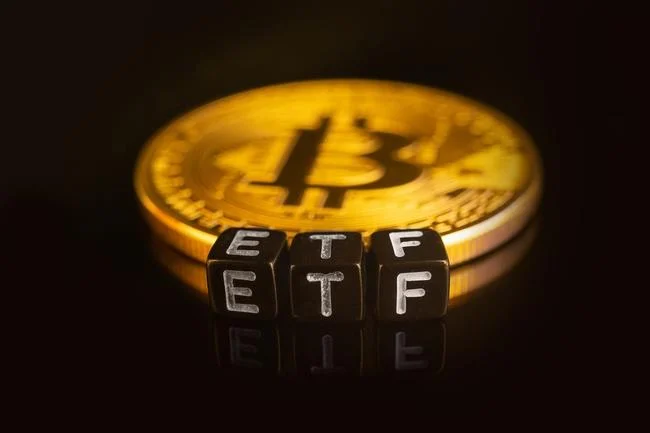Bitcoin is nearing its all-time high, thanks in large part to the actions of major US financial institutions.
Billions of dollars are being poured into Bitcoin by investment banks such as Grayscale, BlackRock, and Fidelity, purchasing the volatile digital currency.
These influential firms have recently become known as “Bitcoin whales.”
The Bitcoin system is designed so that there will only ever be 21 million bitcoins.
Although 19 million have already been mined, many are presumed lost and thus unavailable for purchase.
Who else are the Bitcoin billionaires, and what does this redistribution of wealth mean for the digital currency that started as a decentralised online payment system?
The figures below are estimates based on published data and original research, but they should give a good overview of Bitcoin distribution. Data collection stopped in the early hours of February 29th.
Lost Bitcoins Forever
It is estimated that between three to six million bitcoins are permanently lost. People can lose Bitcoins by forgetting their digital wallet credentials; Bitcoin does not have “customer support.” For example, James Howells lost 8,000 bitcoins on a discarded hard drive in Wales.
Some of these lost bitcoins may have come from criminal proceeds that were forgotten after being stashed away. Crypto-investigators at Elliptic estimate that 3.15 million bitcoins have been inactive for at least ten years. Some analysts, including those at investigative firm Chainalysis, argue that Bitcoin that hasn’t moved for five years could also be considered permanently lost. Thus, millions more bitcoins could be added to the tally of the lost.
3.5 million is a rough estimate often cited. However, it’s possible that 1.1 million of those dormant coins belong to the anonymous creator of Bitcoin, so that figure can be excluded from the count. Therefore, a conservative estimate for the number of lost coins is around 2.4 million, representing 11% of the total Bitcoin supply.
Cryptocurrency Exchanges
Cryptocurrency exchanges act as banks for cryptocurrency users. They allow the exchange of traditional currencies such as pounds and dollars for Bitcoin and other digital tokens. According to researchers at K33, exchanges hold an estimated 2.3 million bitcoins, either as operating float or on behalf of customers. The world’s largest exchange, Binance, holds an estimated 550,000 bitcoins, followed by Bitfinex (403,000), Coinbase (386,000), Robinhood (146,000), and OKX (126,000). Exchanges are estimated to hold about 11% of the total Bitcoin supply.
However, keeping your coins on an exchange comes with risks; for example, the collapse of FTX left users unable to access their coins. Reliance on large, increasingly regulated, and legally compliant exchanges runs counter to the anti-establishment principles of it, causing discomfort among some Bitcoin purists.
Unknown Whales
A “Bitcoin whale” is someone whose digital storage contains more than 10,000 bitcoins. The website Bitinfocharts maintains a Bitcoin Rich List of the 100 richest wallets using public blockchain records; the owners of about 80 wallets containing 10,000 or more coins are unknown. Ownership of one of these wallets would confer billionaire status. Unless a researcher makes the connection or the whale themselves comes forward, we may never know which are the wallets of individuals or entities that appear elsewhere on this chart. It’s estimated that large whales hold about 8% of all cryptocurrency.




